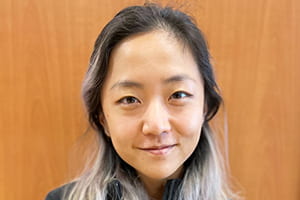Mentorship philosophy
I love mentoring! My mentorship strategy follows these ten central tenets:
- My goal is to facilitate every trainee to reach their career goals, regardless of what they may be. We will work to build broadly applicable skills for any career.
- Mistakes are expected. The best education often happens from a failed experiment.
- Everyone works at their own pace. Don’t judge your full game by others’ highlight reels.
- I have no work hour expectations, nor do I expect a certain number of completed experiments per week. I want you to work when you feel you are most productive. Science is a team sport so maintaining good routines when others are available to assist will help foster success.
- Weekly mentoring meetings (at a minimum) to discuss data, experiment planning, career goals and development, grant writing and manuscript preparation.
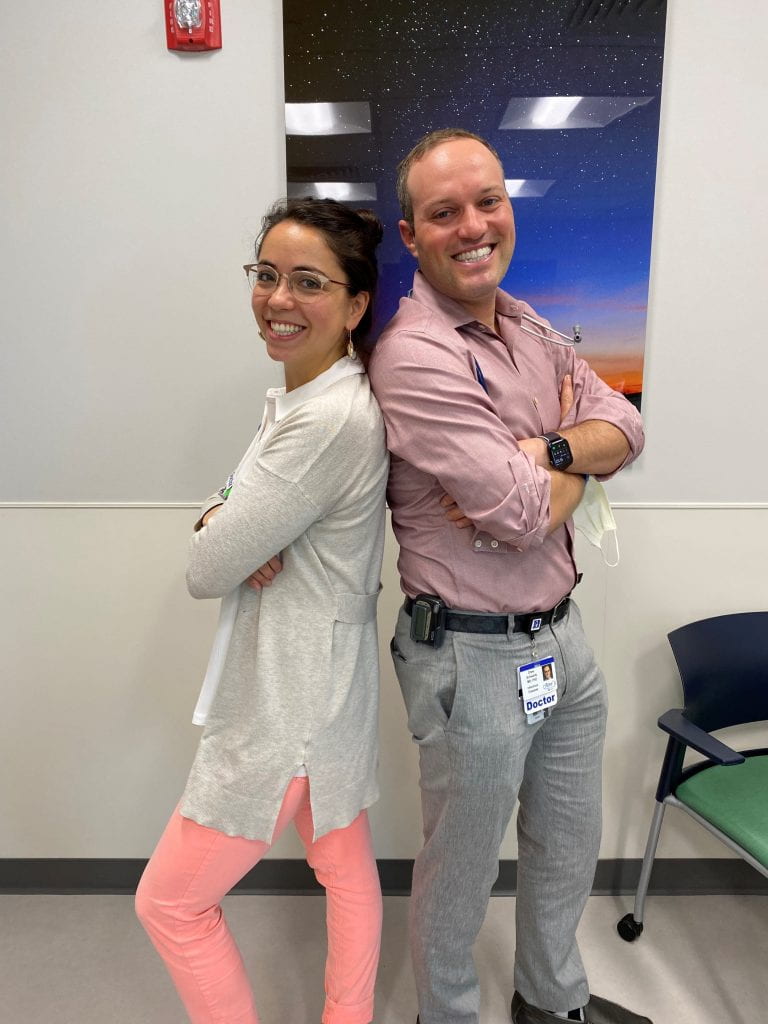
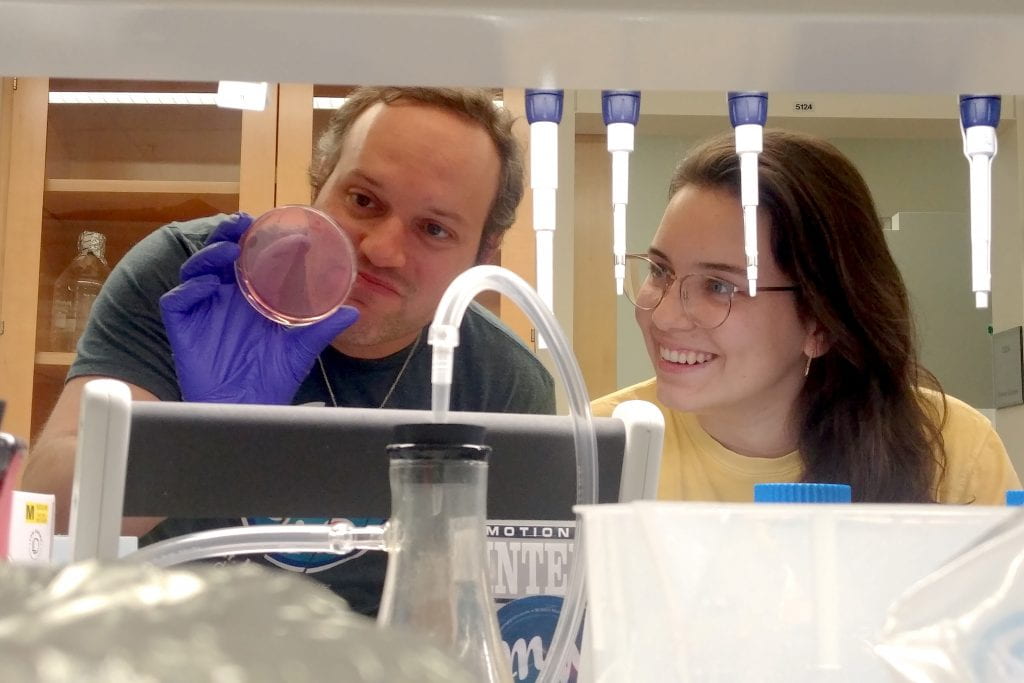
- Scientific integrity is paramount. I expect all experiments and analyses to be well documented in a timely fashion. There will be no data manipulation to achieve a desired result. We only strive for added knowledge regardless of its fitting into a narrative we have already constructed.
- Everyone treats each other with equity and respect. I love humor, but I will not tolerate racist, sexist or bigoted comments of any type.
- Communication is essential. I will promptly reply to emails, and I expect you to do the same. Similarly, I encourage scientific dissemination and will always support your presentation at national and international conferences where applicable.
- Science is hard, and some self troubleshooting is critical. My expectation is first you try to reason out the error/issue. Second, look it up on the internet. Third, we are all here for each other, so do not toil away in silent frustration; ask me or other lab-mates.
- Most importantly, take time for yourself. Have fun in lab and outside of lab!
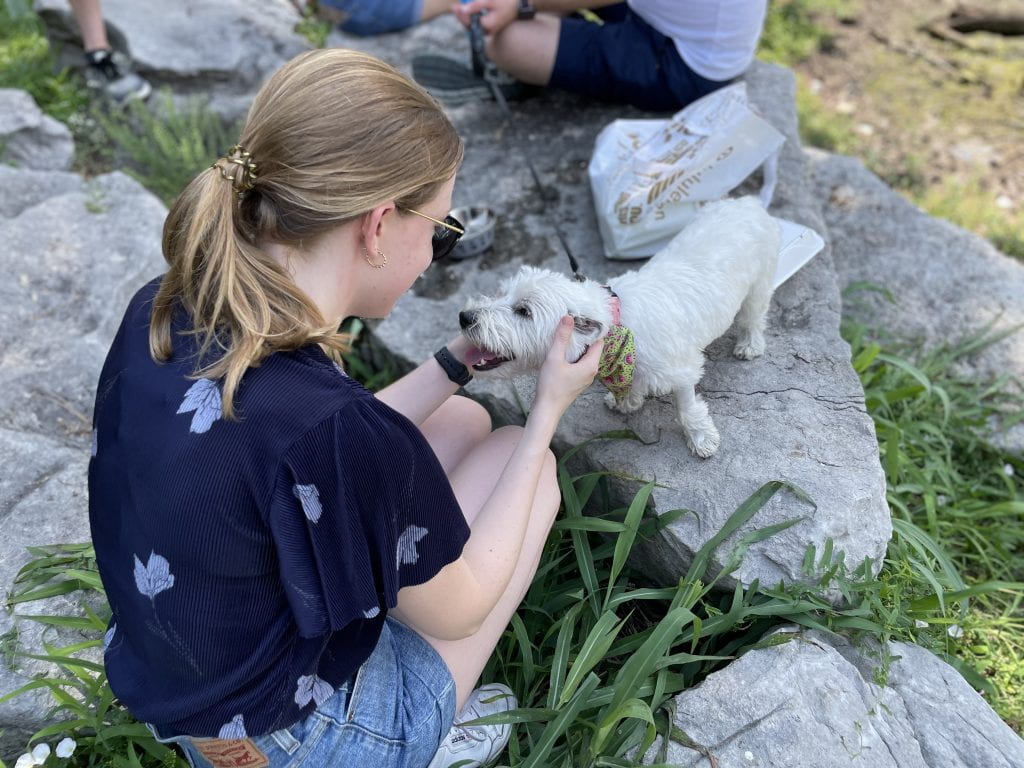
Diversity and inclusion
We want the lab environment to be a welcoming and encouraging place for all people.

Lab pets




Fun!


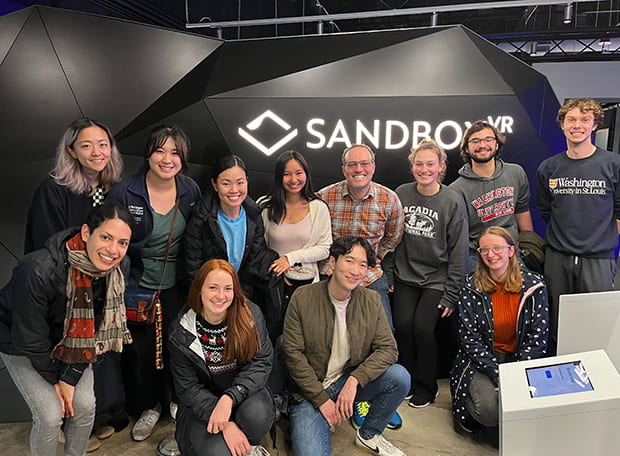
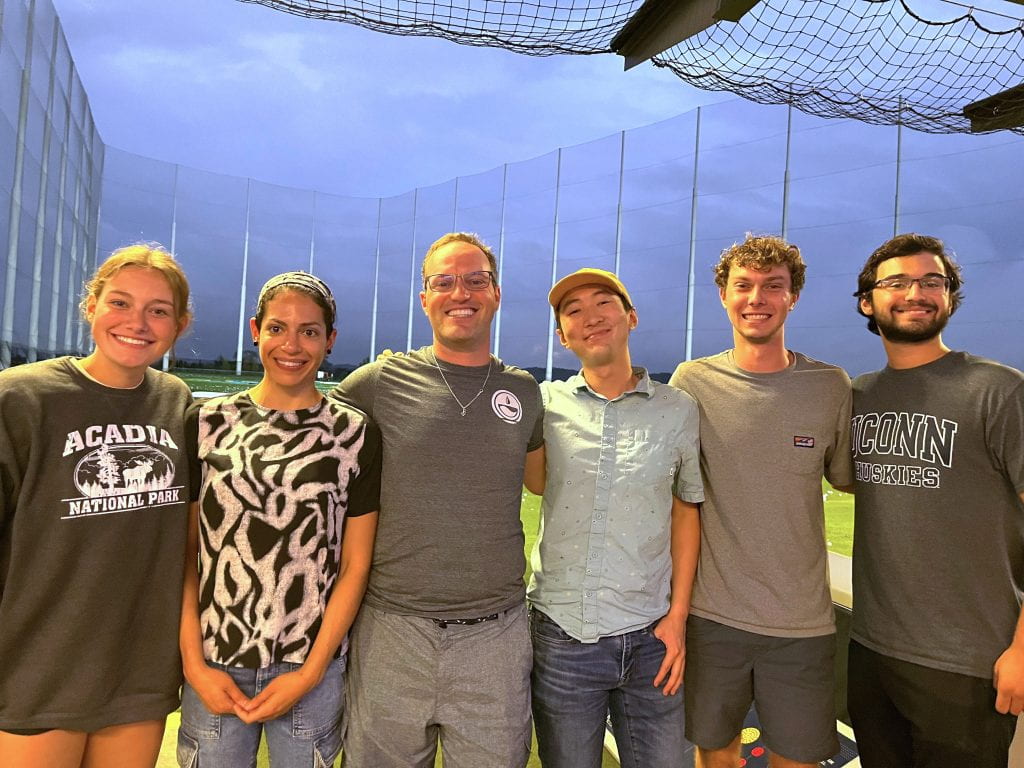


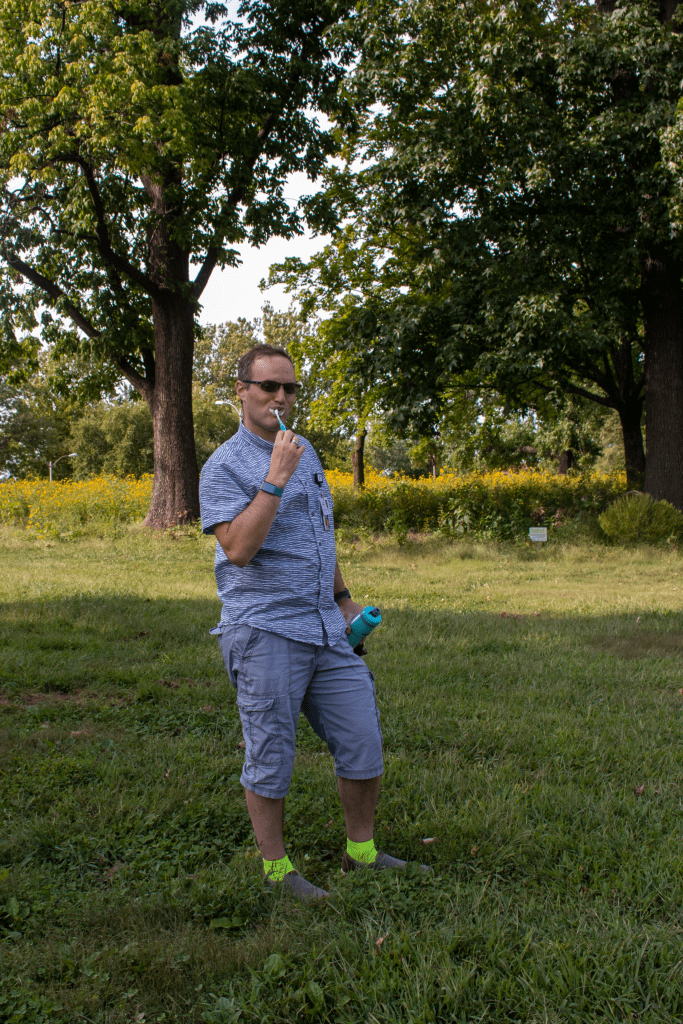
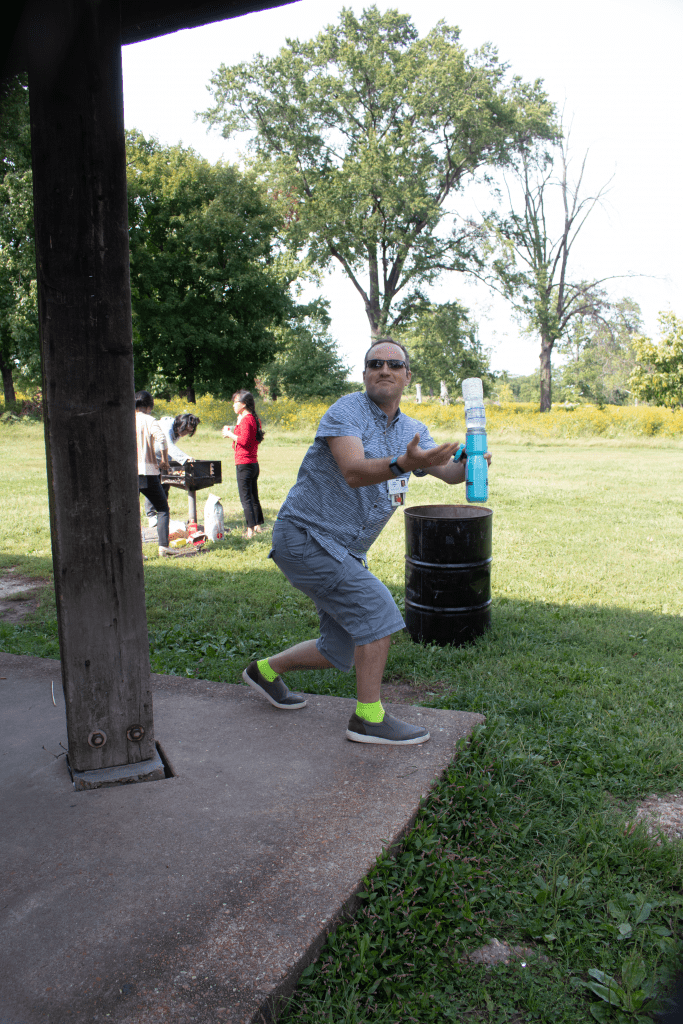

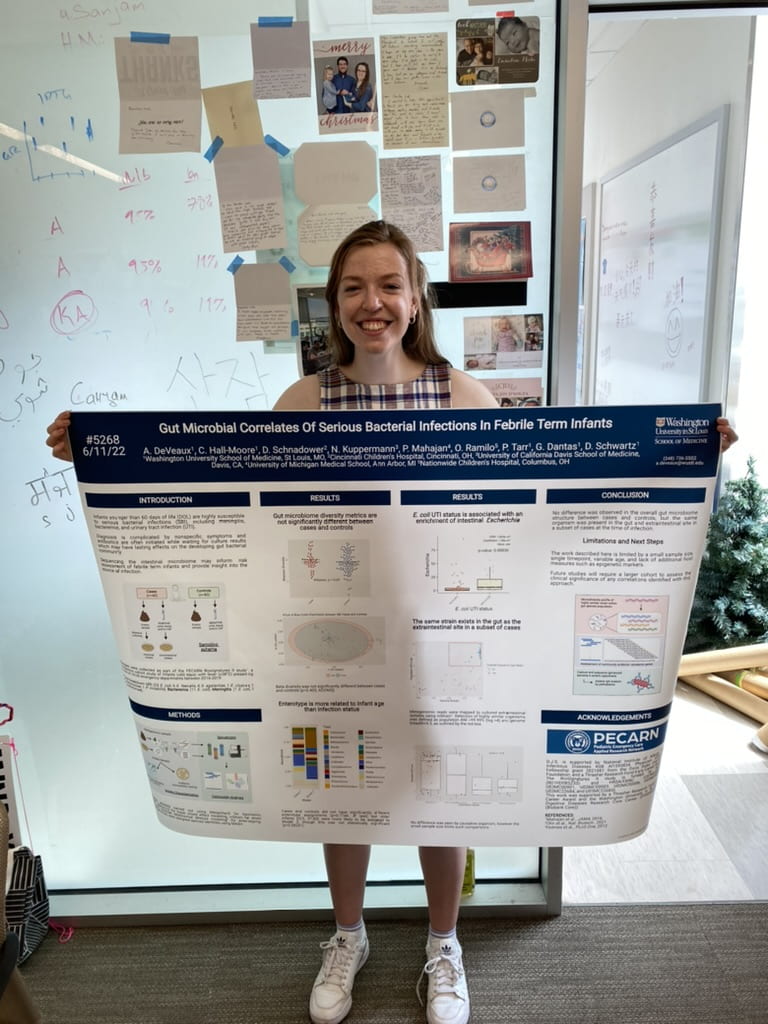
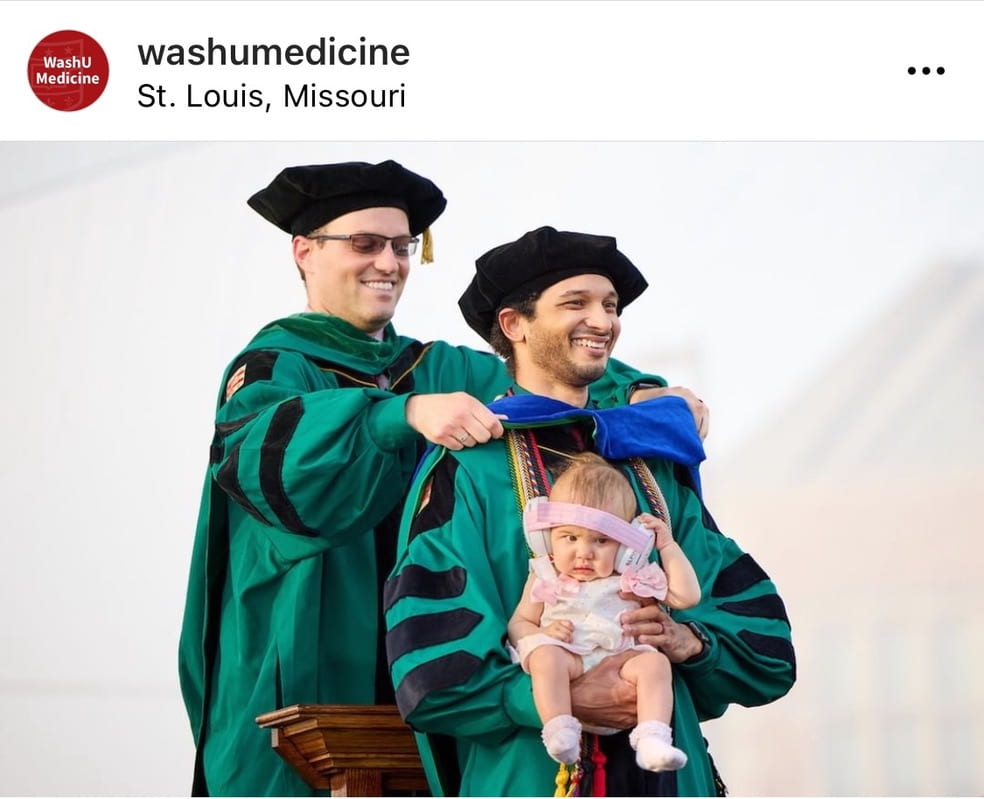
Updates
Connie Yang was awarded a 2024 GERM fellowship (Links to an external site)
Connie Yang was awarded a 2024 GERM fellowship for her project entitled “Investigating the origin of S. aureus infections in people who inject drugs”. Congrats Connie!
Our 2024 alums
We are pleased that several of our personnel are moving on to bigger and better things! Gavin John will be enrolling as an undergraduate at Cal Tech. Ben Reimler will be enrolling as an MMMP PhD student at WUSM. Galen Wong will be attending the Chicago College of Osteopathic Medicine (CCOM).
Anna Cernich has joined the lab as a summer PSRP student (Links to an external site)
Anna Cernich is a senior undergraduate student at Truman State University where she studies biology (and music) and aids in research surrounding neurodegenerative diseases. Enjoyment of undergraduate research led her to participate in the Pediatric Student Research Program in the Schwartz lab this summer. A Kansas City native, Anna is excited to explore the many […]
